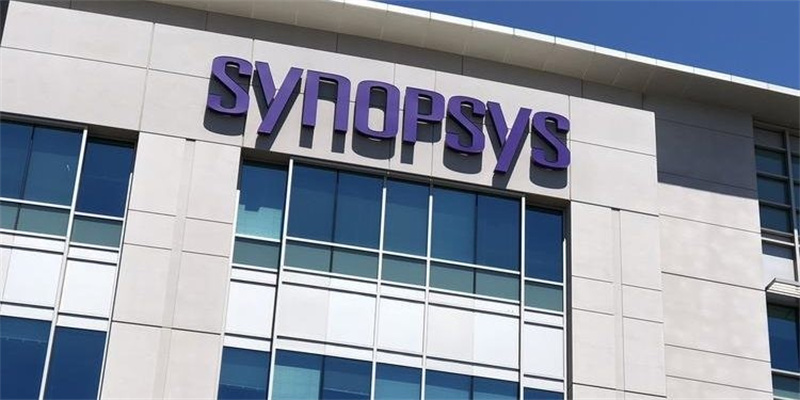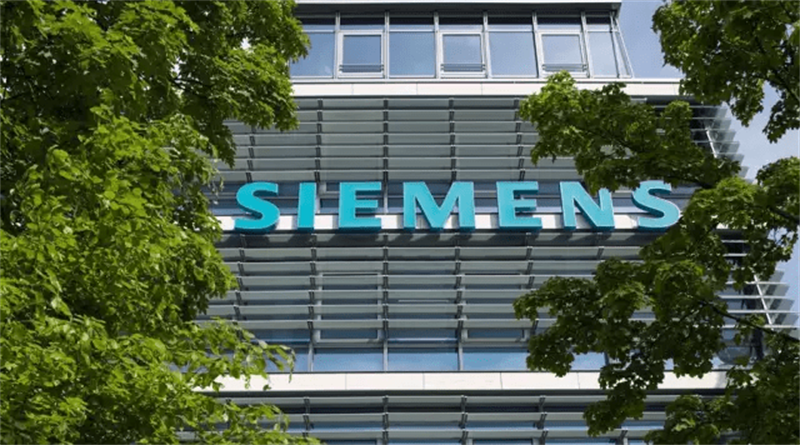Multiple industry sources report that leading U.S. electronic design automation (EDA) firms—Siemens EDA, Synopsys, and Cadence—have received notices from the U.S. Department of Commerce's Bureau of Industry and Security (BIS) requesting them to suspend services to Chinese customers. While unconfirmed, this potential move could mark a significant escalation in U.S. efforts to curb China's semiconductor development.
Siemens EDA (formerly Mentor Graphics), the third-largest global EDA provider, has reportedly restricted access to its technical websites from mainland China. Internal sources say official clarification will be sought once U.S. offices reopen after the ongoing public holiday. Synopsys and Cadence are also said to be awaiting further confirmation from BIS.
If true, the restriction could severely impact China's chip design industry, especially for advanced-node logic chips. However, it may also accelerate the domestic EDA sector, benefiting local players like Huada Empyrean, Primarius Technologies, and Semitronix.
According to TrendForce, Synopsys, Cadence, and Siemens EDA hold 32%, 29%, and 13% of the global EDA market, respectively—together commanding a dominant 74% share. In China, the three firms held nearly 80% of the market as of 2020, with local vendors accounting for just 11.5%. Though domestic firms have made significant strides in recent years, most remain small and narrowly focused, lacking full-process EDA solutions.

Huada Empyrean leads local efforts with a full analog design toolchain. Primarius initially specialized in device modeling and simulation but has since expanded. Companies like X-Epic have stronger capabilities in digital verification. Still, comprehensive, end-to-end EDA platforms—especially for cutting-edge GAA (gate-all-around) technology—remain absent.
In March, Huada Empyrean announced plans to acquire local peer Xpeedic via a stock-and-cash deal, signaling moves toward consolidation to build a full-process Chinese EDA ecosystem.
An analyst noted that Siemens' Calibre tool, widely used in physical sign-off, could be replaced by Huada's Argus platform, which is said to have achieved world-class capabilities.

Despite the market chatter, local Siemens EDA staff told media they had not heard of the suspension order. Similarly, a Cadence China executive said technical support remains unchanged and dismissed the rumor, adding that no official BIS notice has been received. Synopsys China staff also said they had no information about such a move.
Industry insiders speculate three possibilities: the BIS has indeed issued a notice and companies are verifying details; the notice exists but is less severe than a full suspension; or the rumors are unfounded and may be stock-market driven.
Separately, sources confirmed that the Trump administration is preparing broader policy actions to restrict the export of chip design tools to China. BIS reportedly sent letters last Friday to at least some leading EDA firms instructing them to halt shipments to Chinese customers.
“The Commerce Department is reviewing exports of strategic importance to China,” a spokesperson stated. “In some cases, we pause existing licenses or impose new requirements during review.”

Following the reports, Cadence shares fell 10.7%—their worst drop since March 2020—while Synopsys fell 9.6%, the largest since December. The scope of the potential restrictions remains unclear, but one insider suggested it could effectively amount to a de facto ban on doing business in China.
China accounts for roughly 16% of Synopsys' revenue and 12% of Cadence's. Synopsys CEO Sassine Ghazi confirmed the existence of the BIS letter but said the company has not yet received a formal notice. “We cannot speculate on the impact of something we haven't received,” he said during a May 28 earnings call.
The U.S. has increasingly tightened export controls to hinder China's chip ambitions—starting with equipment restrictions and now expanding to software. Tools from Cadence and Synopsys are essential to designing chips across a wide performance range, from Apple and NVIDIA processors to simpler analog components.
The Biden administration has also restricted China's access to cutting-edge chips. NVIDIA's AI accelerators have been a particular focus, with the U.S. now barring sales of its H20 chips to China—marking the third wave of such curbs since 2022. NVIDIA CEO Jensen Huang has criticized these measures, calling them a “failed policy.”
+86 191 9627 2716
+86 181 7379 0595
8:30 a.m. to 5:30 p.m., Monday to Friday
